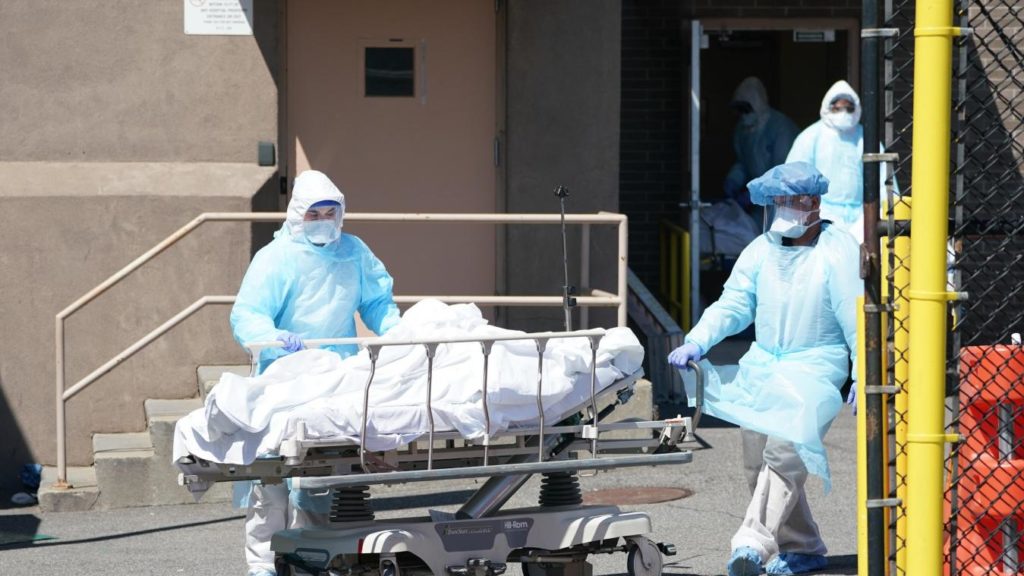Belgium's entangled political system thwarted its response to the coronavirus pandemic and caused preventable deaths, a leading medical expert said.
In a damning address to the Chamber on Monday, Richard Horton, editor-in-chief of the renowned medical journal The Lancet, minced no words in slamming the "typically Belgian" hyper-division of powers across political, language and national community lines.
"This typically Belgian system was not efficient. People died because of the political system. This should make you reflect," Horton said.
Related News
- 'Kafkaesque' system undermines Belgium's contact tracing efforts, local mayor says
- In race to deliver face masks to citizens, Brussels mayors go solo
- Belgium's 15 million face masks do not meet safety standards
Most political leaders in Europe faltered in their response to the pandemic, Horton said, as they failed to heed early warnings from the scientific community that a pandemic was imminent.
"Had politicians read our articles in time, it would have been clear back then that we were on the brink of a global pandemic," he said, noting that the realisation came too late and send leaders rushing for the lockdown button.
The Lancet is one of the oldest peer-reviewed journals in the world and has been at the forefront of scientific literature and commentary surrounding the coronavirus pandemic.
The journal's publication and later withdrawal of papers surrounding the use of the drug hydroxychloroquine to treat the disease spurred a frenzy of highly politicised debates which drew in the likes of Outgoing US President Donald Trump and even led the World Health Organisation to halt clinical trials with the drug.
Horton was speaking to Belgian lawmakers during an audience of the Covid-19 Commission, set up to review the country's response of the pandemic.
"Just like in the United Kingdom, the Belgian political system failed, it crashed," he said, 7sur7 reports, adding that out of Belgium's 14,000 deaths, "most could have been avoided."
As the first wave of the pandemic lashed Belgium, its political spheres remained deeply entrenched in a post-electoral turmoil that saw the country break yet another record for the longest period without a fully-fledged government.
The former budget minister, Shopie Wilmès, was appointed to lead as caretaker prime minister and steered the country through and out of the first lockdown alongside with the three chiefs of Brussels, Flanders and Wallonia.
Belgium's nine health ministers, a newly-created test, trace and procurement task force led by the federal minister of telecommunications, a myriad of public agencies, as well as municipal authorities, were then tasked with implementing and coordinating the measures and strategies to fight off the pandemic.
Gabriela Galindo
The Brussels Times

